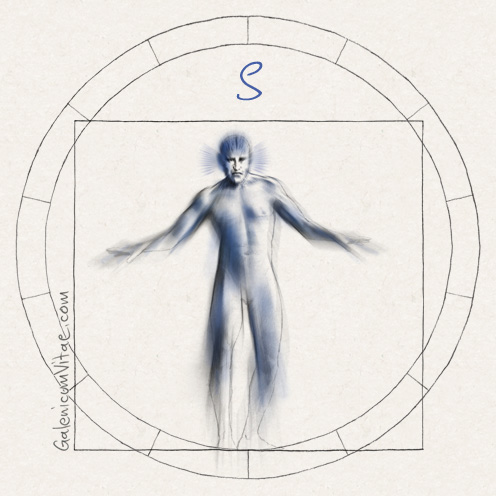Dizziness is defined as a feeling of buoyancy or patients’ insecurity in respect to the surrounding environment.
Vertigo is defined as the illusory sense of movement in the environment.
We must clearly differentiate between dizziness-instability and vertigo itself, because both symptoms may be due to radically different causes.
Causes. Dizziness may be due to neurological, cardiac, metabolic causes, etc., and vertigo itself is usually due to vestibular causes (that is to say, arising from the peripheral or central vestibular pathway).

 Digestive
Digestive  Blood
Blood Cardiovascular
Cardiovascular Dermatology
Dermatology Genitourinary,
Genitourinary, Hormones
Hormones Infections
Infections Oncology and
Oncology and Musculo-skeletal
Musculo-skeletal Mental health and
Mental health and Parasites
Parasites Respiratory
Respiratory Senses
Senses Various
Various




